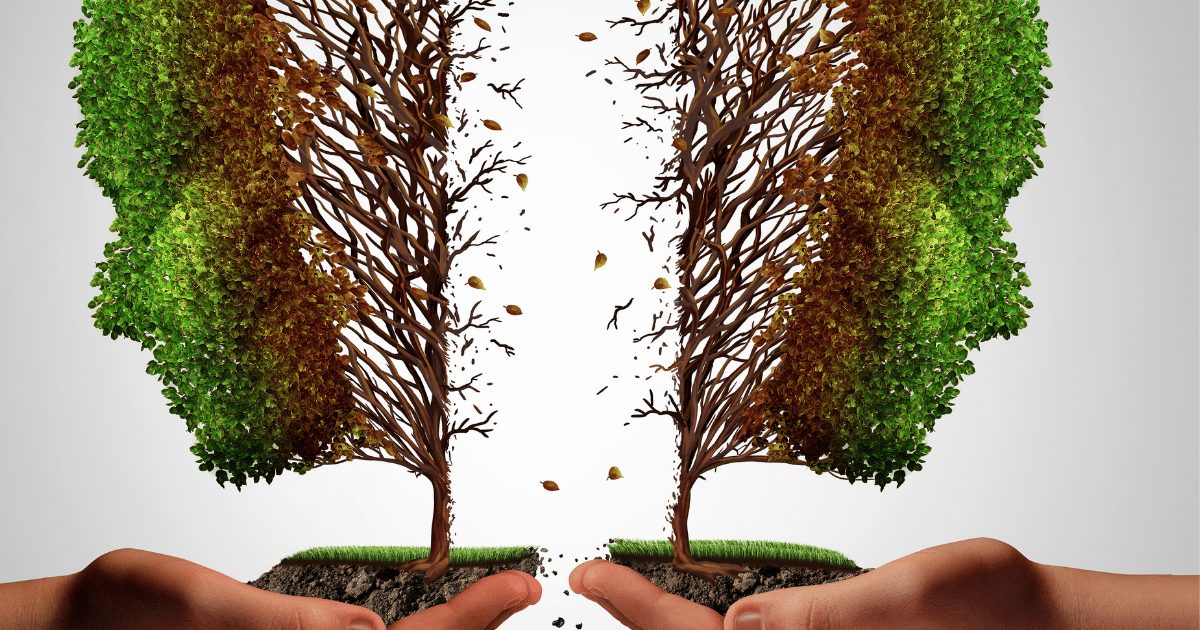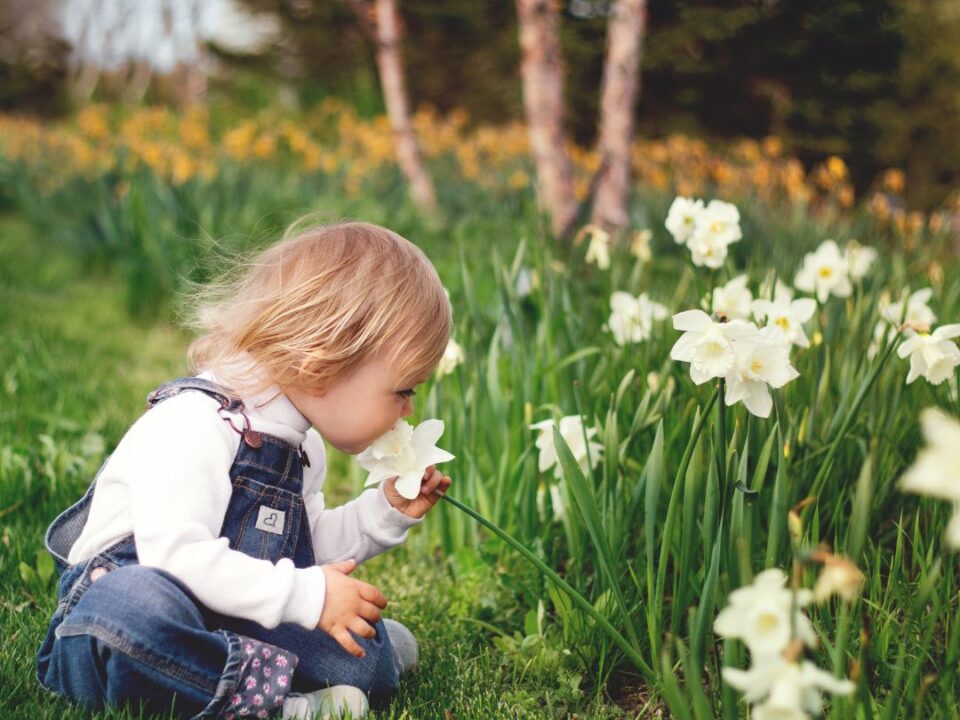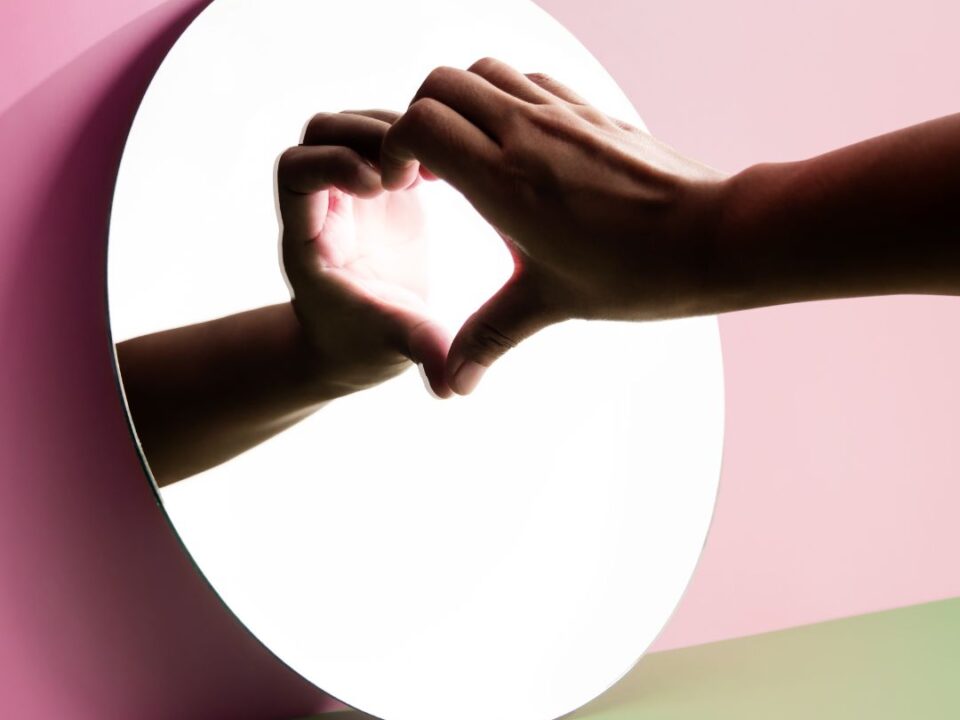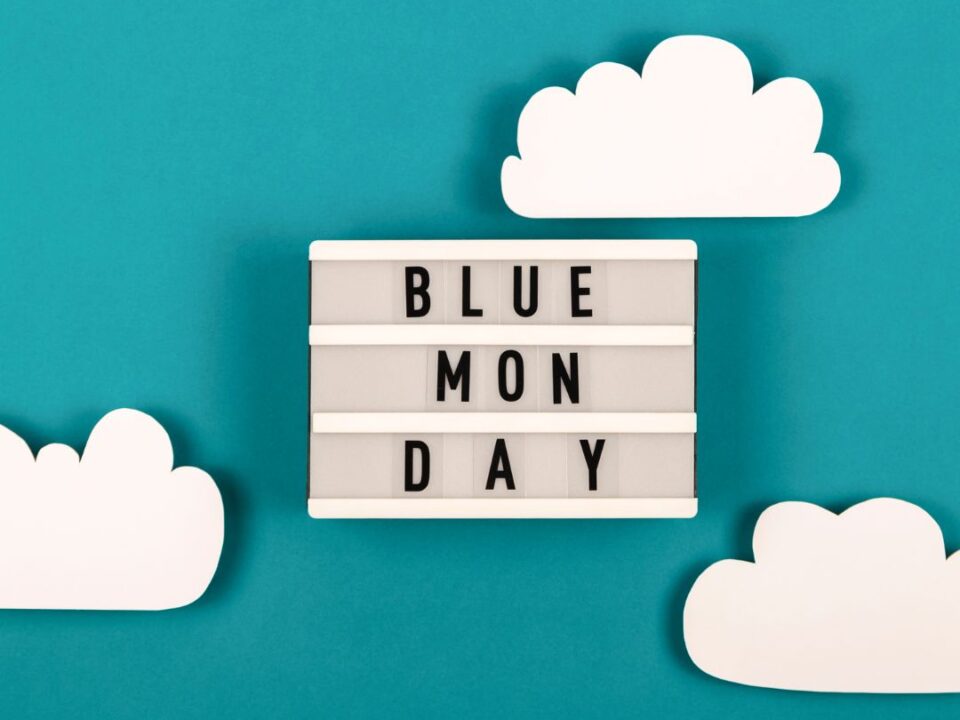
The Bubble
During the pandemic, the size of our community became quite small as we were tasked with keeping one another safe from contagion. We had to think about who was in our COVID-19 bubble and as the social distancing requirements shifted, so did the size of our safety circle.
How we defined who was in our bubble might have been based on family, physical, work, or health-care support necessity.
This exercise of categorization is something that can be a helpful habit to employ when you are dealing with conflict, experiencing relationship drama, or just as a life streamlining and simplifying opportunity.
The Categorization Process
There are different ways to look at the categorization process. Deciding the one that works best for you is a personal choice. I have included three approaches for your consideration.
Community Wheel
This is a method we use as coach facilitators in the Coaching Out of the Box® course called Personal Groundwork for Coaching.
The Community Wheel looks more like a target board with a bullseye. There are four categories to place people in your life listed as Team A, B, C and D.
The A list or team.
Yes, you may be thinking about the A-Team here if you’re old enough to remember. This list includes people who you trust implicitly and who you consider closest to you. They are there to support you consistently and you know you can count on them when the going gets tough. This could be a very small list of people.
It might even be just one person. What might be unsettling here is that the people you think should be on this A list like your spouse or immediate family members may not make the cut. This is where people often make the decision to create a family of choice.
The B list or team.
The B list or team include people who you may spend a great deal of time with and you may hold them dear, but you are a bit reluctant – for whatever reason – to put your unconditional trust in them.
There just may be something about your relationship with them that holds you back from sharing things that you would with the person or people on your A list.
Your list of people in the B category could be quite large and it may warrant more energy and intentionality in your communication with this group.
The C list or team.
As you think about people on this list, consider new acquaintances or people you do not know well, yet.
Here are a few ways to think about your C list:
– Who in your life that you can only handle in small doses, as they can drain your energy or cross boundaries?
– Who are more high maintenance in your life?
– Who may disappoint or frustrate you and you feel you often need to keep them at an arm’s length?
The D list.
In this category, D represents disconnect. Here, I want you to think about people who are toxic and who have created a high level of hurt or upset in your life.
Even after attempts to remedy the situation by communicating personal boundaries and provide specific feedback, these people do not change their behaviour toward you.
Your D list includes people who take, but do not give. There is no relationship reciprocity. Interacting with them is a continuous energy drain.
As a result, these are the people with whom to disconnect. It is not an easy process and undertaking the actions necessary to unhook from damaging situations will require careful consideration along with clear and direct communication.
I will share more on how to approach the disconnection process in an upcoming post.
Tyler Perry’s wisdom from Madea
Tyler Perry’s “Let them Go” approach. About seven years ago, I watched this video with Tyler Perry in his role as Madea. This was life-changing advice that describes how people are like leaves, branches, and roots of a tree. I encourage you to watch the five-minute video as Madea explains the concepts in a unique and powerful way.
Disclosure – Madea uses the word “h*ll” and if this use of language is off-putting, please note this before you decide to watch the video.
James Miller’s Like List
James Miller’s Four Categories of People in Your Life. James Miller introduces another way of categorizing people based on a like scale and whether they do, can, never will, or currently do not like you.
A Good Self-Care Practice
It is a good self-care practice to undertake categorizing people in your life especially if you find yourself struggling with personal boundaries and energy management.
People come into your life for various reasons. Sometimes it is easy to see the gift they bring and, other times, the lesson is hard and painful to learn.
I know that having roots in my life with people I trust, honour, and respect has been one of my greatest inspirations. You will be well served by identifying or finding people who are roots or your A team and then doing everything you can to nurture those relationships.



